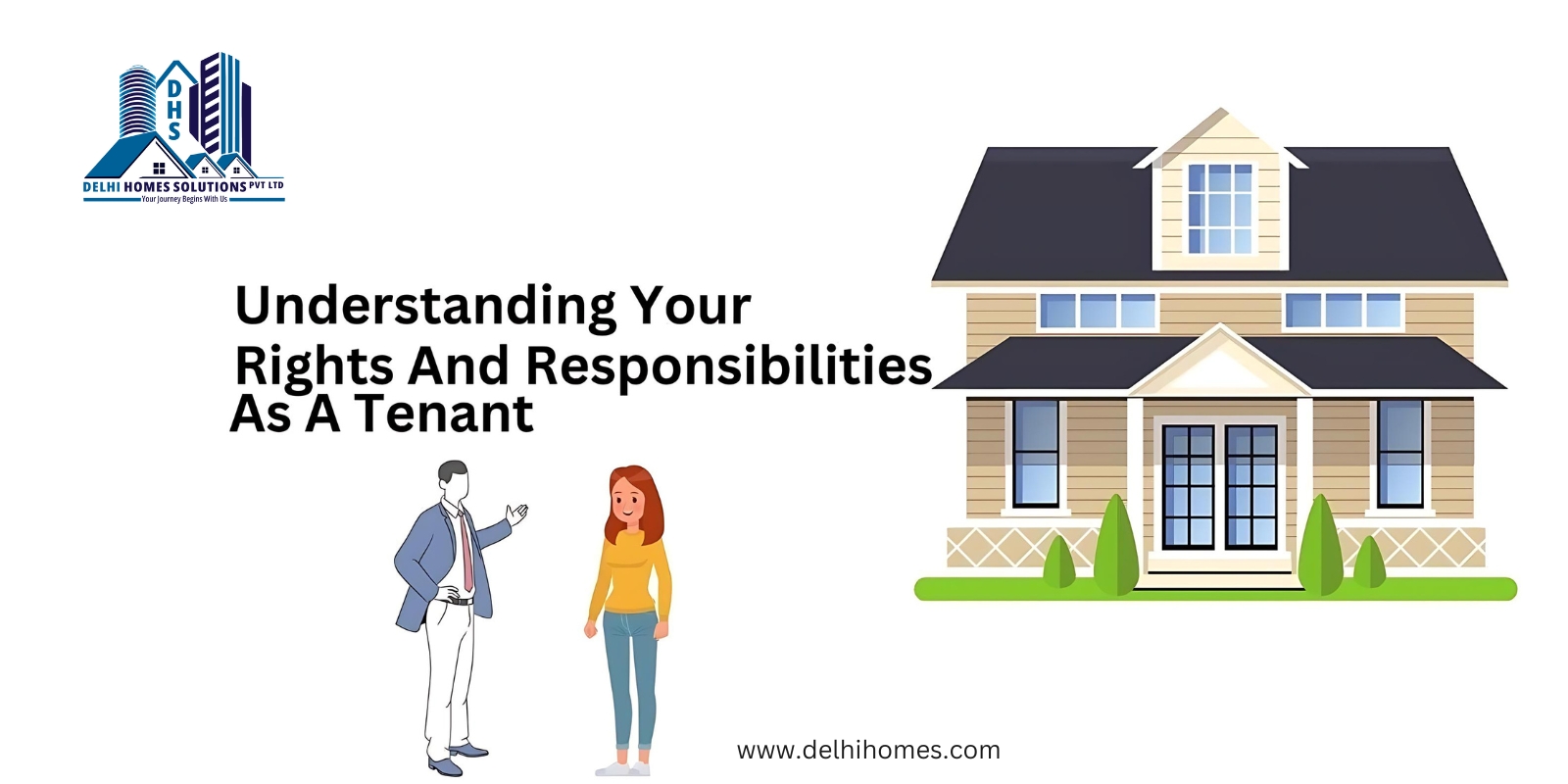
For many people, the dream of owning a house feels far off. But that doesn't mean you can't have a safe and comfortable place to live. Renting an apartment, house, or even a room becomes the stepping stone, or maybe even the perfect long-term solution, for countless individuals and families. If you're new to the world of renting, understanding what it means to be a tenant is key to a smooth and successful experience.
The Tenant's Side of the Coin:
Being a tenant means you have the right to live in a property you don't own. You essentially enter into a contract, usually called a lease agreement, with the owner of the property, known as the landlord. This agreement outlines the terms of your stay, including the rent amount, the duration of your tenancy, and the responsibilities of both you and the landlord.
Rent: The Price of Your Patch of Roof:
Rent is the regular payment you make to the landlord for the privilege of living in their property. It's typically paid on a monthly basis, but some agreements might involve bi-weekly or weekly payments. Rent covers the cost of occupying the space and may or may not include utilities like water, electricity, or trash collection. Be sure to clarify these details in your lease agreement.
Keeping Up Your End of the Bargain:
You have certain responsibilities outlined in the lease agreement. These generally involve taking good care of the property you're renting. Think of it as borrowing a friend's prized possession – you want to return it in the same condition, or at least close to it, with only normal wear and tear. Taking good care of the property might include:
· Maintaining cleanliness:
This involves keeping the place generally tidy, taking out the trash regularly, and avoiding damage to walls, floors, or fixtures.
· Being a considerate neighbor:
Respecting noise levels, especially at night, and not causing disturbances for other people in the building is crucial for peaceful co-existence.
· Reporting issues promptly:
If there are any leaks, malfunctioning appliances, or other maintenance problems, informing the landlord promptly ensures they can be addressed efficiently.
Beyond the Basics: Different Types of Tenants:
The world of tenants is vast and varied. Depending on the type of property they're renting, tenants can be categorized as:
· Residential Tenants:
These are the most common type, consisting of people who rent houses, apartments, or individual rooms for their primary residence.
· Commercial Tenants:
Businesses that lease office spaces, store fronts, or warehouses to conduct their operations fall under this category.
The Art of Being a Good Tenant:
Being a good tenant benefits both you and your landlord. Here are some key qualities that make a tenant fantastic:
· Punctuality is Key:
Paying rent on time and in full demonstrates your reliability and respect for the agreement. Late payments can lead to penalties or even eviction in severe cases.
· Respectful Resident:
Taking care of the property shows you value the space you're renting. This not only creates a positive living environment for you but also helps maintain the property's value for the landlord.
· Communication is Golden:
Whether it's a minor repair request or a question about the lease agreement, open communication with your landlord helps ensure a smooth and positive experience. Don't hesitate to reach out if you have any concerns.
· Following the Rules:
The lease agreement is your guidebook. By abiding by the rules outlined, such as guest limitations or pet restrictions, you demonstrate your respect for the terms of your tenancy.
Living Arrangements and Your Rights:
You also have certain rights. It's important to familiarize yourself with tenant laws in your area. These laws typically address issues like:
· Security Deposits:
Landlords often require a security deposit before you move in. This deposit acts as a buffer for any potential damages you might cause beyond normal wear and tear. By law, the landlord is obligated to return the security deposit within a reasonable timeframe after you move out, minus any deductions for repairs.
· Eviction:
Eviction is the legal process of removing a tenant from a property. Landlords can only evict tenants for specific reasons outlined in the lease agreement or local laws, such as non-payment of rent, causing damage to the property, or violating the terms of the lease.
The Takeaway: Renting Can Be Rewarding
Renting can be a fantastic way to live comfortably and independently, especially when you understand your responsibilities and rights. By being a responsible and respectful tenant, you can build a positive relationship with your landlord and create a happy home environment. So, explore the world of renting with confidence, knowing you have the tools to navigate this exciting chapter in your housing journey.
By understanding and adhering to these guidelines, you can create a harmonious and profitable rental experience for both you and your tenants.
.png)